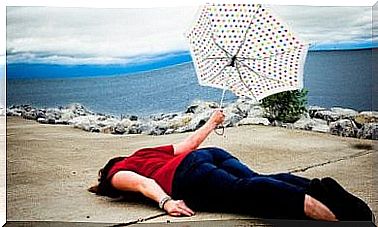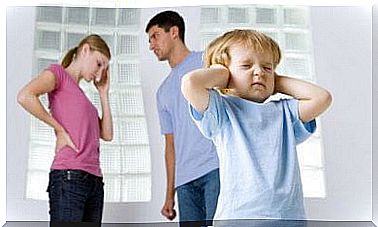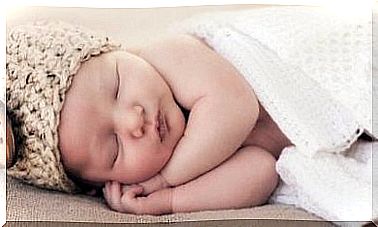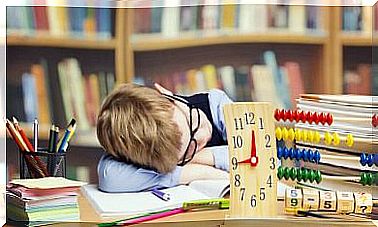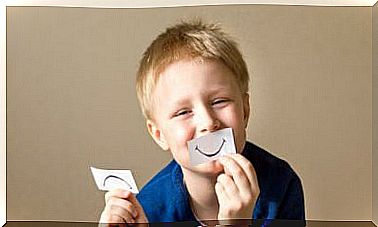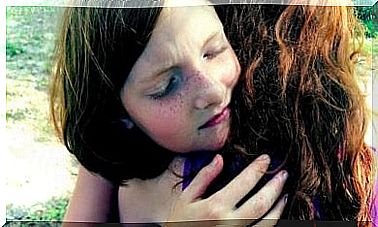How To Treat Your Child’s Anxiety?
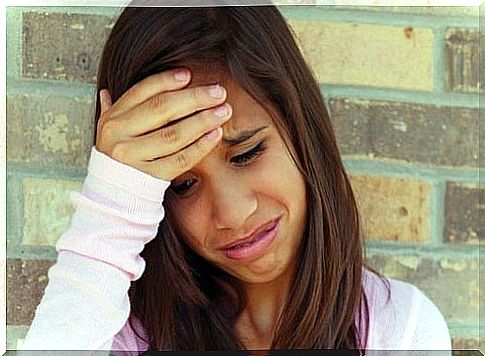
Anxiety can develop in children due to multiple factors; it is possible that it is transmitted by adults and it can also be a result of situations that are worrisome for the child, even if apparently they may seem everyday. However, there are some types of anxiety determined by a clinical problem, associated with the GAD spectrum or Generalized Anxiety Disorder.
To what extent does anxiety become worrisome?
In general terms, anxiety can be normal and even healthy, because it is an emotional manifestation typical of human beings. This emotion is the response to situations that require attention, more or less explainable concerns, important moments in life or prolonged waits.
It can be said that often the fact that we are anxious gives us an impulse to do things that in other cases it would be difficult for us to do. Likewise, it can be accompanied by a positive feeling that allows for a balance with the particular context we are experiencing.
However, there is an anxiety of the pathological type that can make things worse ; for example, it limits us to act or closes us to certain parameters. This emotion is a clear feature of most mental illnesses, and it can appear in both children and adults.
In this sense, according to its clinical presentation, there are situations that should concern us if we notice that they are somehow affecting our children. Although we cannot perceive it at first, there are moments that determine the appearance of anxiety in children according to their age.
The main causes of the onset of anxiety are related to some type of separation, the beginning of school or adolescence. The forms in which it presents itself can be:
- Somatization. She may have physical symptoms due to anxiety, it is common in very young children. In the case of teenagers or older children, somatizations are of the mental type.
- Phobias. It is more common in school-age children, it can manifest itself through the fear of social relationships, also in the form of agoraphobia and specific fears of academic activity.
- Obsessive Compulsive Disorder. Also known as OCD, it is a disorder that appears in adolescence, although in some cases it can appear at an earlier age. The symptoms of OCD, in this case, are generated by the previous appearance of anxiety.
- Hypochondriac Disorder. It can appear at any age and is caused by extreme anxiety attacks or cases of post-traumatic stress.
How is anxiety manifested?
It is not a situation caused by the child, but something that he cannot control and that manifests itself through easily verifiable elements. The most common is that it manifests itself through physical and, in many cases, emotional or mental discomfort.
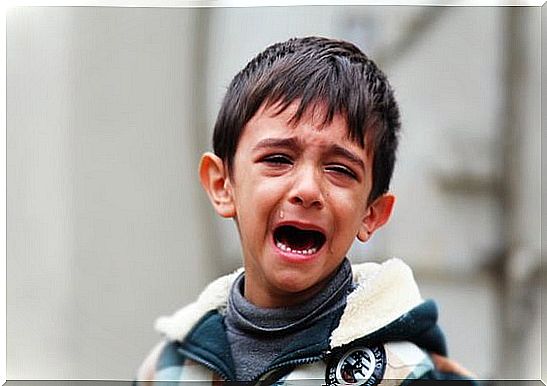
Each child may have different symptoms that may even vary over time. Furthermore, the predominance of any of the symptoms can be distinguished. The most frequent are:
- nausea
- Lack of concentration
- Tachycardia
- depressive states
- tremors
- Pallor
- Sweating
- Inability to perform actions such as reading or thinking
- restlessness
- Abdominal pain, headache, among others
- mood swings
- Irritability
- Redness
- Breathing Problems
- Cry
- Negativity and annoyance because you notice your suffering
- Regression in situations such as going back to bed-wetting or going back to drinking from a bottle.
How to help your child with anxiety?
It is possible that your child’s anxiety is actually a reflection of what you are expressing, which is why the main way to help your child is to control our own worry. When it comes to Generalized Anxiety Disorder ( GAD) it is important that it is helped by specialists, who recommend the following procedure.
- It is inevitable that there is a psychoeducational process, aiming that the patient and the family are familiarized with the problem. This includes providing the necessary information so that there is a cognitive foundation for the characteristics of Generalized Anxiety Disorder.
- It is recommended that, in addition to knowledge on the subject, they also know the procedure for acting in cases of crises and how to treat them in general.
- Avoid, as far as possible, the child from witnessing other people’s anxiety or being in contact with stressful situations.
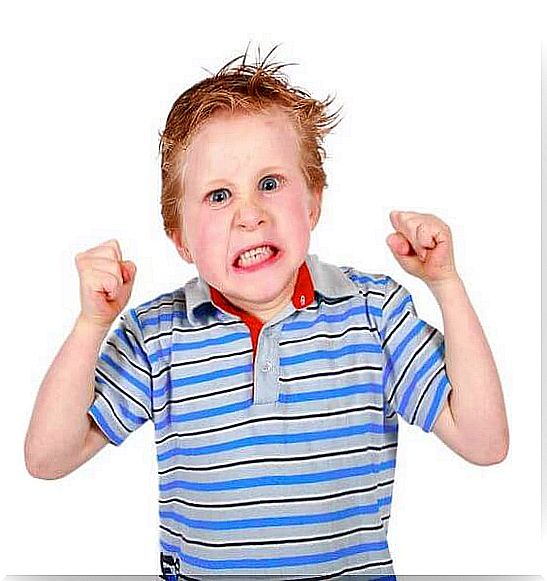
- Invite him to express his emotions and express his feelings in the face of a particular situation.
- Do an activity with your child that he enjoys, something that distracts him without impositions or fears.
- Help him to breathe calmly and avoid lectures in times of crisis.
- It is recommended to seek psychotherapy according to the case; for this it is important to choose the right therapist and make sure there is a short-term improvement.
- If necessary, specialists may indicate the use of medication. In this sense, it is very important that you leave the treatment in the hands of the specialists, as they will be the ones who will decide when the medication starts and ends.
